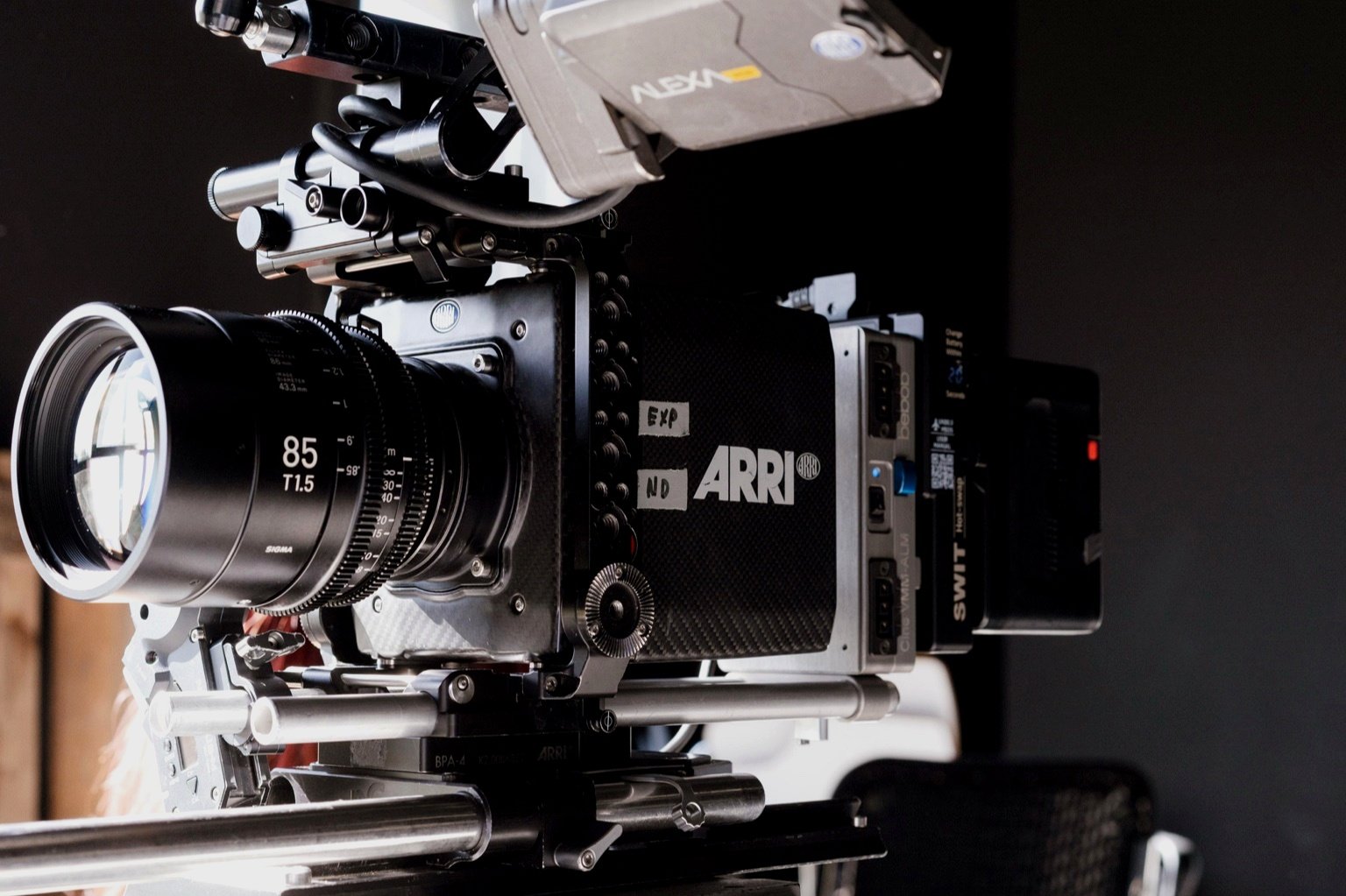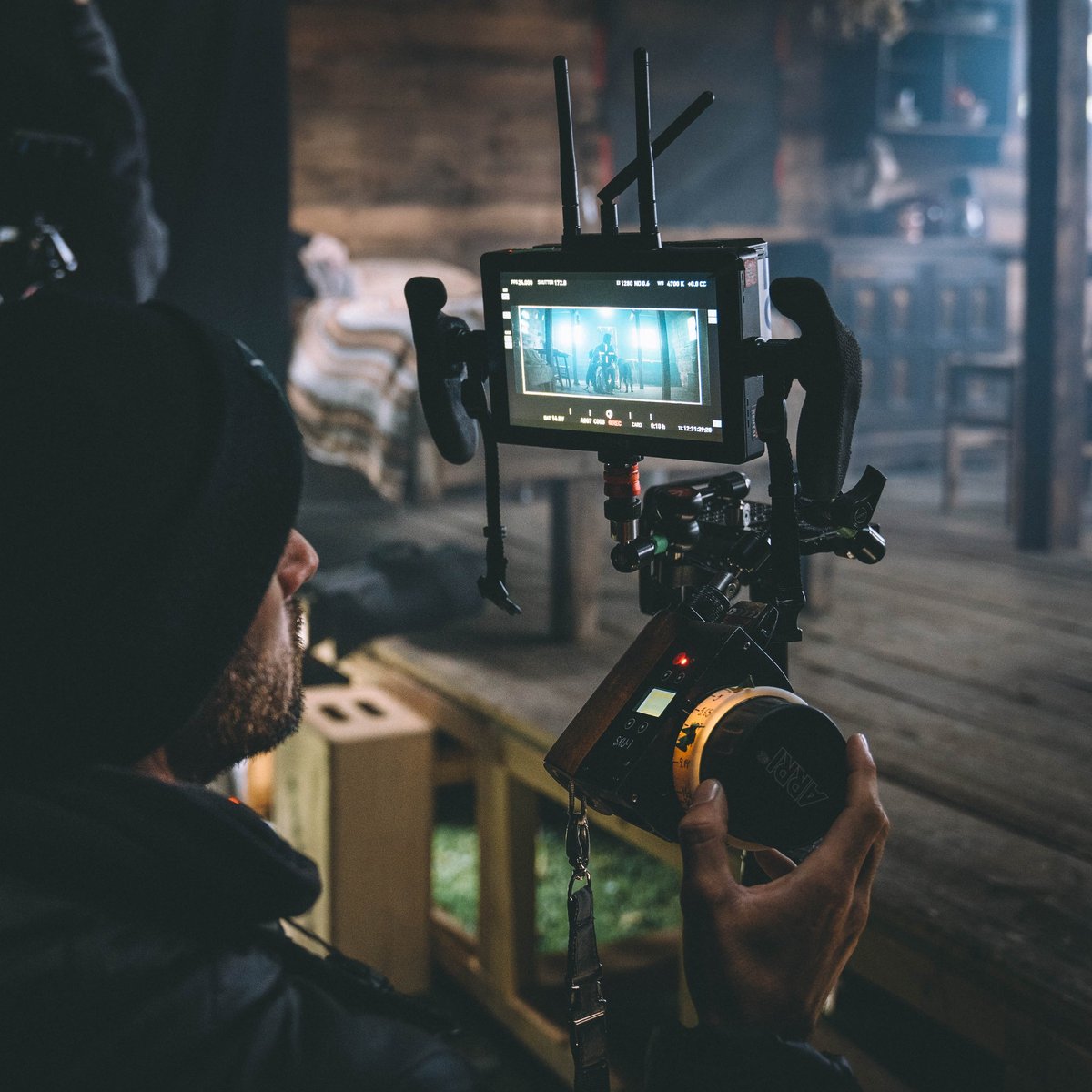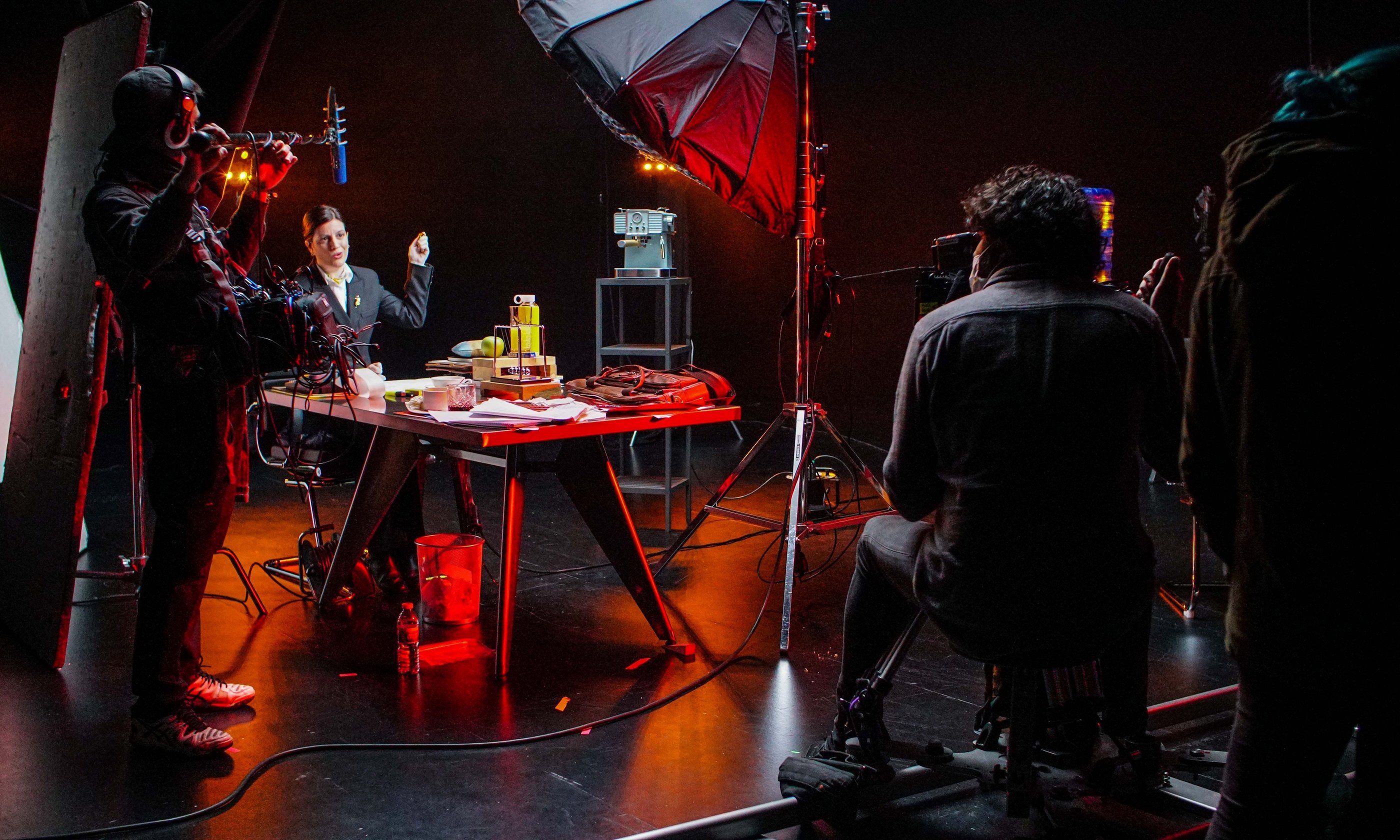
Study Direction of photography in ECPV
What should you study to become a director of photography?
Cinematography is the visual heart of a film. It is the art of translating a story into images that convey emotion, atmosphere, and meaning. If you’re fascinated by light, visual aesthetics, and the language of the camera, studying cinematography at a specialized school is the ideal step to professionalize your passion.
At ECPV – Basque Country Film School, we offer solid and practical training so you can learn how to create powerful, creative, and technically flawless images. Our approach is based on real shooting experience, collaborative work, and the pursuit of your own unique vision. Here, you won't just learn how to light a scene — you'll learn how to tell stories through light.
“It’s not just about what you see on screen, but about what you feel when you watch it.” — Roger Deakins
Why study Cinematography?
In a constantly evolving audiovisual world, the role of the cinematographer is more essential than ever. Studying cinematography not only prepares you to handle cameras, lights, and lenses but also helps you develop a unique visual sensibility. At ECPV, you’ll gain the technical expertise you need while enhancing your creativity, artistic vision, and ability to lead the image department in any type of production.
Our Cinematography Diploma lasts three years and is designed to take you from basic learning to advanced specialization with confidence and ongoing professional guidance.
What will you learn at ECPV?
- Visual language, image theory, and film analysis.
- Professional use of cameras, lenses, filters, cranes, and stabilizers.
- Designing natural and artificial lighting for various visual contexts.
- Technical direction: managing the camera crew, gaffer, and electricians.
- Color grading, LUTs, and image postproduction.
- Ongoing practice in studios, locations, and real film shoots.
- Interdisciplinary collaboration with directing, art, and sound departments.
Learn by filming, from day one
From the very first year, you’ll have access to professional cameras, equipped sound stages, and cinematic lighting setups. You’ll shoot scenes, experiment with atmospheres, learn to solve problems on set, and train your ability to make quick decisions under pressure. Each term, you’ll complete practical exercises that challenge your technical growth and visual maturity.
You’ll also take part in the school's short film shoots, both as director of photography and in other technical roles, to understand the full scope of the camera department. This hands-on experience is one of the defining strengths of our program.
And after studying Cinematography?
By the end of the diploma, you’ll have built your own professional reel to present to the industry. You’ll also have a network of contacts, both within the school and beyond, thanks to the bonds formed during projects, internships, and collaborations.
- Director of photography in film, television, advertising, or music videos.
- Camera operator, assistant, or focus puller.
- Gaffer or lighting technician.
- Colorist or image postproduction technician.
And most importantly: you’ll have developed a way of seeing the world through cinema — a trained, thoughtful perspective capable of moving people through images.
If you feel this could be your path, perhaps it’s time to take the next step and discover what you can create with a camera in your hands.
Ask for Info

Contacts
Ver mapa
Customer service schedule
- From Monday to Friday:
9:30 a.m. to 2:00 p.m. and 3:00 p.m. to 6:00 p.m. - Saturdays and Sundays closed

